Tag: API
-
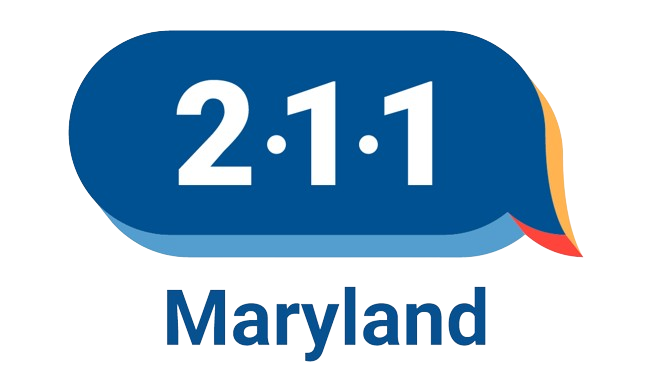
Resource data as a service: 2-1-1 Maryland’s new integration with their state’s healthcare IT infrastructure
We’ve partnered with 2-1-1 Maryland over many years, so we’re especially proud of their recent partnership with CRISP – Maryland’s Health Information Exchange – and Maryland’s Department of Health. This year, we helped 211MD and CRISP develop a groundbreaking partnership with MDH’s Primary Care Program. The results of this partnership point to exciting new horizons…
-
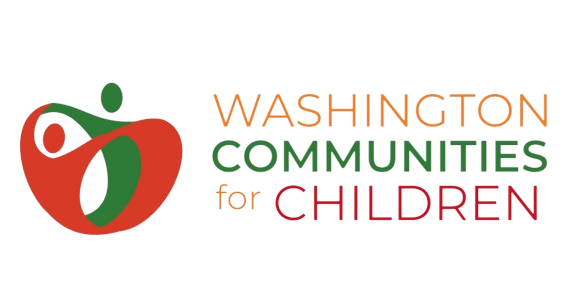
Washington Communities for Children: developing the resource directory information supply chain
Washington Communities for Children (WCFC) is a network of early childhood coalitions – groups of local parents, child care providers, non-profits, public agencies, school districts, etc. – dedicated to improving the wellbeing of children, families, and communities acrossWashington state. In 2022, the Washington State Department of Health enlisted WCFC in its Early Childhood Comprehensive Systems…
-
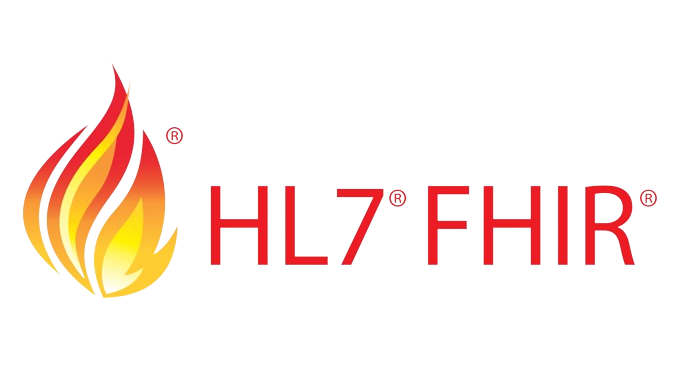
HSDS is now interoperable with FHIR®
As integration of healthcare and social care sectors becomes an ever-hotter topic, we’re excited to announce that we’ve taken a small but significant step forward: the Human Service Data Specifications are now aligned with the protocols for healthcare provider directory information specified by the Health Level Seven (HL7®) Fast Healthcare Interoperability Resources (FHIR®). Continue reading…
-

Introducing Profiles: customize our standard for your domain!
We designed the Human Service Data Specifications (HSDS)to make it easy to share information about human services of any kind. But given the many nuanced differences across human service sectors – and states and countries and etc – it’s just not feasible to standardize every possible kind of information associated with any kind of service anywhere.…
-
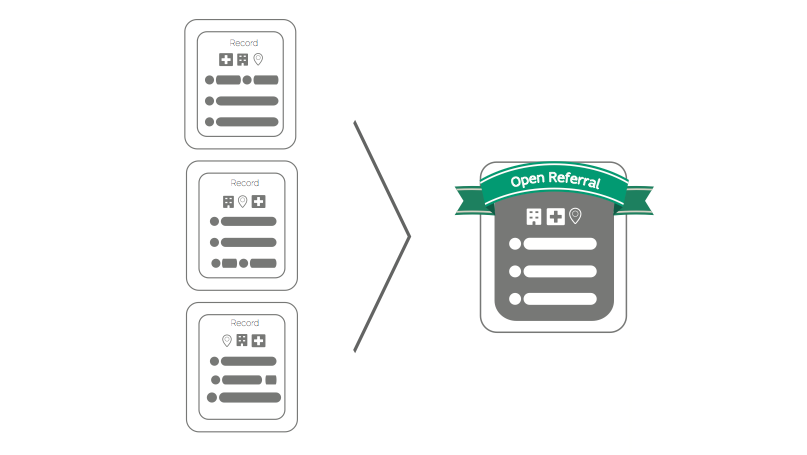
Introducing Version 3.0 of the Human Service Data Specifications
UPDATE: As of May 1st 2023, this upgrade is considered official! Thanks to our workgroup and all those in the community who contributed input. Read below for details.[This post is from Dan Smith, Open Data Services Cooperative’s Partnerships Lead for Health, Social and Physical Activity Data. Welcome, Dan!] We are excited to share a proposal…
-
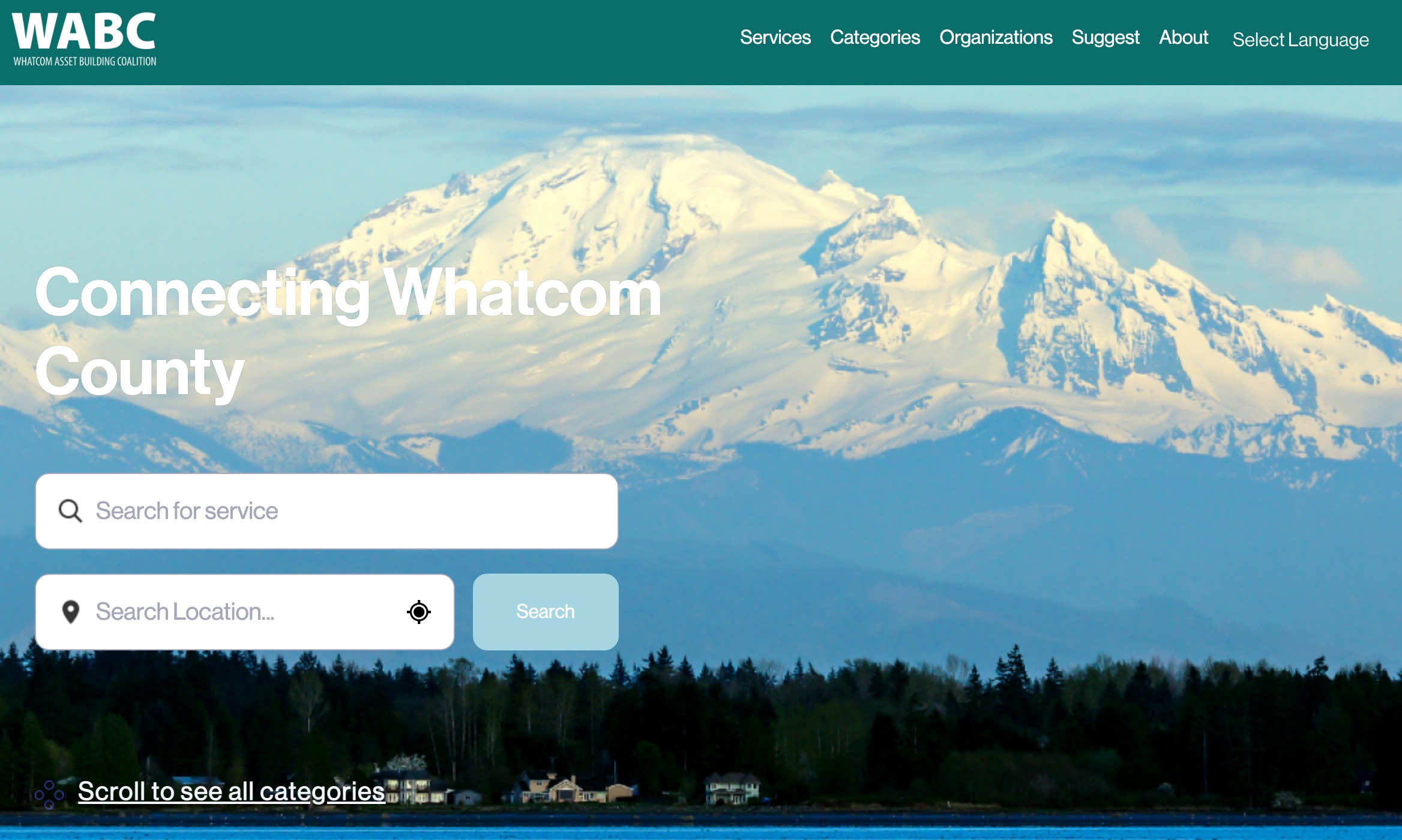
Introducing the Whatcom County Resource Information Collaborative
This post is brought to us by Kristi Slette, Secretariat of the Whatcom Resource Information Collaborative in Washington state. Welcome, Kristi! Washington state’s Whatcom County – the north western most county in continental U.S. – is a resourceful community with many collaborative community-based organizations that serve residents in need. For many years, the leadership and…
-
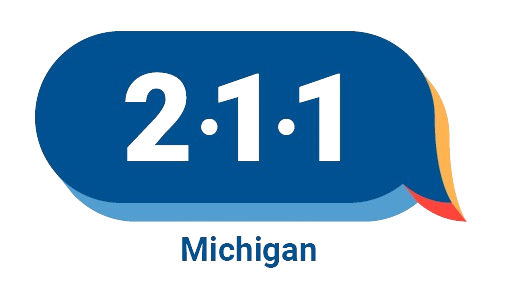
Michigan 211’s new resource data infrastructure: providing social service information as a service
Since the onset of the pandemic in the spring of 2020, Michigan 211 has received an increasing number of requests for real-time access to our social service directory database from partners and collaborators across the state. We actively maintain over 40,000 service records offered throughout Michigan, verifying its accuracy on an ongoing basis – and…
-

Upgrading the Human Service Data Specifications: 2022 development cycle underway
As Open Referral’s network grows – involving more stakeholders in the development of interoperable resource directory information supply chains – our tools and practices must evolve in kind to support more complex needs. So we are excited to share that Open Referral has initiated a new development cycle to upgrade the Human Service Data Specifications.…
-
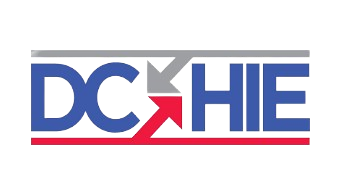
Evolving the DC Community Resource Information Exchange’s Inventory Capabilities
In the District of Columbia, we’re developing a new approach to the very old problem of resource directory information management. Years ago we shared the story of the first phase of our work here on this blog, and we’re now excited to share results from our second phase. The DC Community Resource Information Exchange initiative…